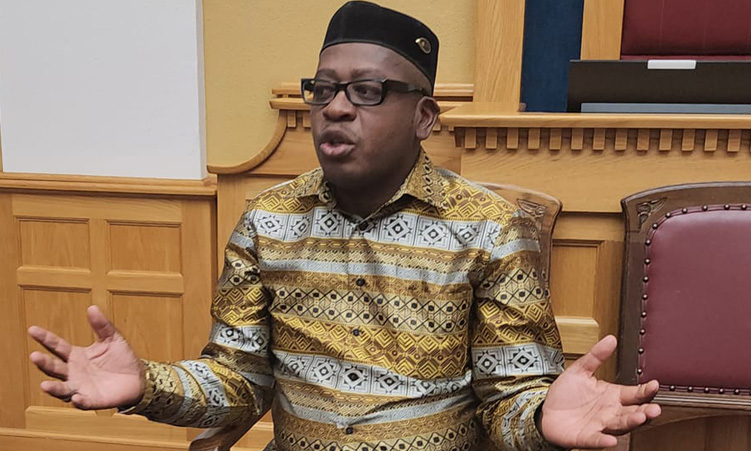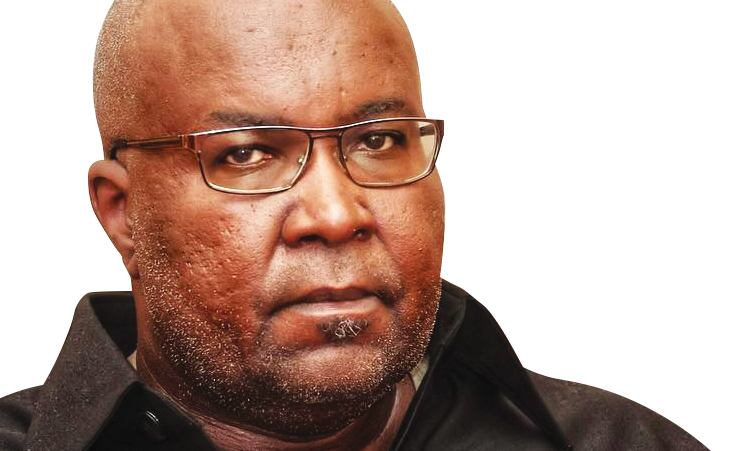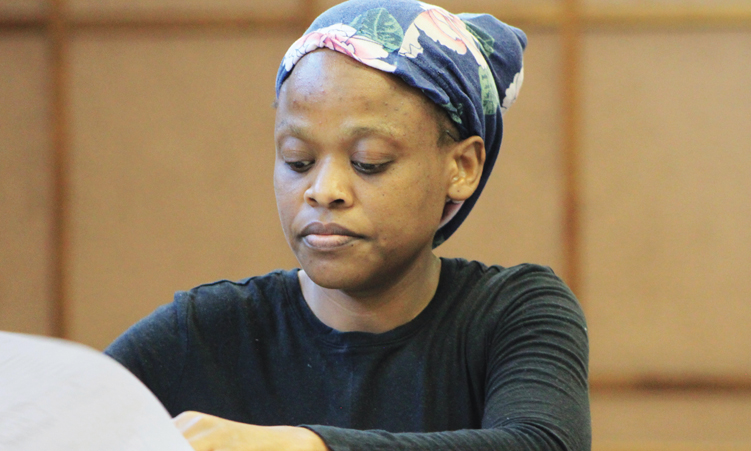The Namibia Investment Promotion and Development Board (NIPDB) says it is has only had email conversations with the potential investors who plan on constructing a N$37 billion “smart” railway connecting Oshakati, Ongwediva, Ondangwa, Eenhana and Oshikango.
The contracting company, AfrailX Incorporated, claims it has secured approval to develop an urban rail transit system in northern Namibia.
However, NIPDB spokesperson Catherine Shipushu recently said the document being circulated as evidence of approval is a standard acknowledgment letter provided to potential investors which details the services NIPDB can offer for their projects.
“It should be clearly understood that this letter does not constitute any form of commitment from NIPDB to this particular project, other than to deliver services in line with our standard service delivery to all investment projects” Shipushu said.
“The NIPDB does not have the power to approve projects or sign deals with any project owners. Our involvement is limited to providing support services to ensure that viable projects are realised within a reasonable period of time. Before committing resources to any project, our team conducts extensive due diligence on the company and an analysis of the project itself to determine its viability, economic impact and potential to create quality jobs,” Shipushu said.
While AfrailX’s website is currently offline and the company has a sparse social media presence, a recent post expressed gratitude to NIPDB, the Office of the President and the Namibian government for their strong support in deploying AfrailX in northern Namibia.
According to its LinkedIn media profile, the company was founded in 2022.
“This transformative urban transit system will seamlessly connect Oshakati, Ongwediva, Ondangwa, Eenhana and Oshikango. AfrailX is a development gift to her excellency president Netumbo Nandi-Ndaitwah and a tribute to the late founding father, Dr
Sam Nujoma,” a post on LinkedIn reads.
The company further said they look forward to collaborating with NIPDB, stakeholders and local communities to ensure the swift and efficient deployment of AfrailX.
“Small businessowners across Namibia and Africa, now is the time to relocate to northern Namibia and take advantage of the Afrail Small Business Fund,” the company said.
In a letter dated 24 March, NIPDB chief executive Nangula Uaandja wrote to Simon Kapenda, the founder of AfrailX, acknowledging the company’s proposal and saying she recognises the project’s potential to revolutionise urban transportation, alleviate congestion and contribute to the overall well-being of urban communities across the continent.
“We are committed to providing comprehensive support within our mandate to ensure the success of this initiative. We encourage you to contact us to discuss your project in further detail and explore how NIPDB can assist you. We look forward to working with AfrailX Inc. to bring this exciting project to fruition,” Uaandja said.
Kapenda could not be reached for comment at the time of going to print.
WORRISOME
Political analyst Johan Coetzee said this venture is worrisome considering that Namibia already secured a loan of about N$3.7 billion from the African Development Bank in 2023 to implement the second phase of its Transport Infrastructure Improvement Project.
The project entails constructing 207 kilometres of new rail track close to the existing line between Kranzberg and Otjiwarongo, using concrete railway sleepers and new rails.
“If they are not prepared to disclose the details of the business plan, it is quite worrisome for me. This is not the first time during the hydrogen hype that such matters have been handled by the Office of the President through the NIPDB, with little to no transparency. It seems to be a repetition of that, which is quite concerning. If the government has nothing to hide about a project and intends to use it for marketing purposes, then it should provide as much information as possible to effectively utilise it as a marketing tool,” Coetzee said.
He said the lack of transparency in government-backed projects could indicate an effort to benefit politically connected individuals.
“If you are not disclosing information, it could be another aspect of trying to link the most well-connected business people with the most well-connected political people in order to secure other corrupt projects in the process for families and friends – what would be called nepotism and favouritism and patronage. That is quite worrisome,” he said.
Stay informed with The Namibian – your source for credible journalism. Get in-depth reporting and opinions for
only N$85 a month. Invest in journalism, invest in democracy –
Subscribe Now!










